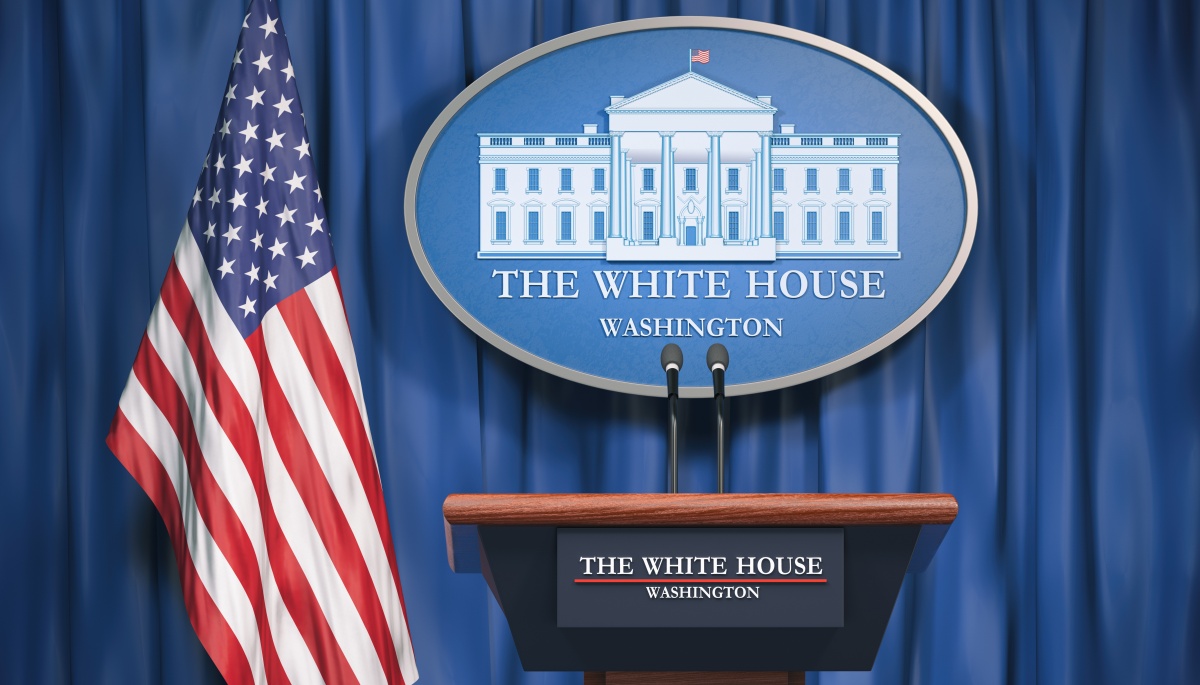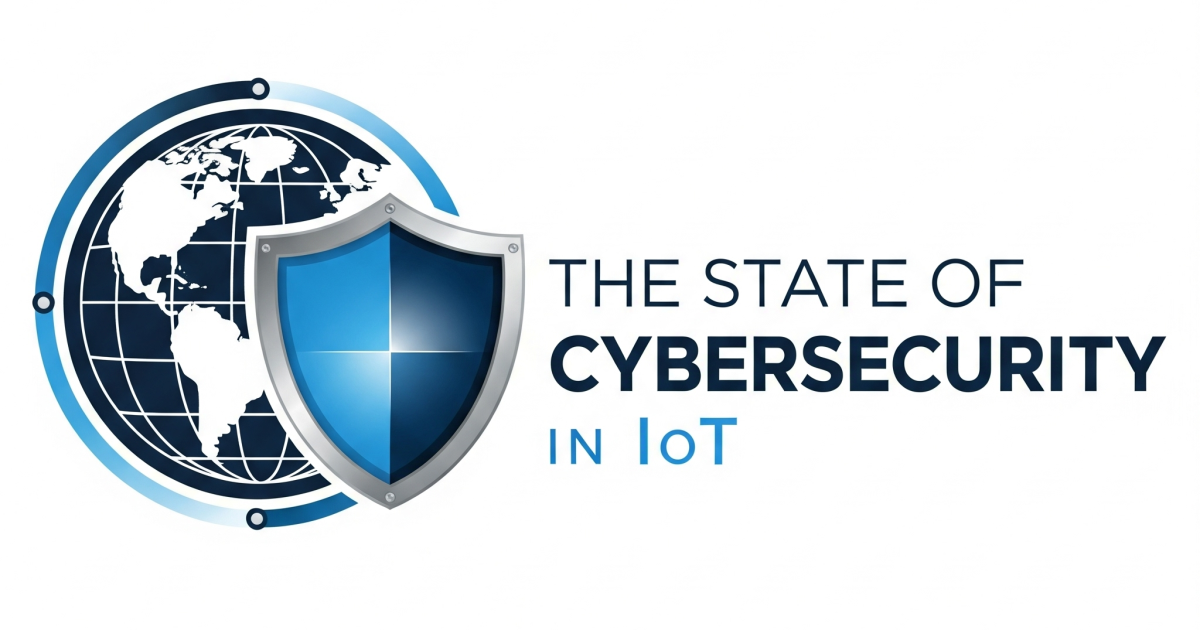
Last week, we covered the progress of a hopeful bipartisan Congressional push in the form of the Informing Consumers about Smart Devices Act. After passing in the House of Representatives with a vote of 406-12, the legislation moved to the Senate where U.S. Senate Commerce Committee Ranking Member Ted Cruz spoke alongside Sen. Maria Cantwell about its importance.
Today, more smart device-related news has dropped from D.C.
The Biden-Harris Administration announced a cybersecurity and labeling program for smart devices; specifically, to lend consumers more visibility into how they choose smart devices that are safer and less vulnerable to cyber threats, versus devices that may be more susceptible.
The “U.S. Cyber Trust Mark,” as it has been named, is the latest in a series of actions that the Biden-Harris Administration have taken to protect the smarter home environments that Americans have come to rely upon. The program, proposed by FCC Chairwoman Jessica Rosenworcel (who also announced a new rulemaking design to explore 5G and 6G technologies back in April) would reportedly “raise the bar for cybersecurity across common devices, including smart refrigerators, smart microwaves, smart televisions, smart climate control systems, smart fitness trackers, and more.”
As of this article, the likes of Amazon, Best Buy, Google, LG Electronics, Logitech, and Samsung Electronics have announced support for and commitments to the program. The Biden-Harris Administration expects additional major electronics, appliance, and consumer product manufacturers, retailers and trade associations to follow suit.
The follow-through of this “U.S. Cyber Trust Mark” is anticipated to appear as a distinct shield logo on products and offerings that meet the program’s cybersecurity criteria. In the interest of providing tools for consumers to make informed decisions about the real security of products they choose to bring into and install in their homes, this aligns with a comment made by our own Group Editorial Director Erik Linask:
“Consumers ought to know more about their connected devices so they become well-equipped to make their own intelligent – and more informed – decisions from there,” Linask had said.
Per the latest release from D.C., “Acting under its due authorities to regulate wireless communication devices, the FCC is expected to seek public comment on rolling out the proposed voluntary cybersecurity labeling program, which is expected to be up and running in 2024.” Moreover, the aforementioned cybersecurity criteria of the “U.S. Cyber Trust Mark” program is based on key data published by the National Institute of Standards and Technology (NIST).
Below are supplementary notes about the program:
- The FCC reportedly intends the use of a QR code linking to a national registry of certified devices (presumably ones with the “U.S. Cyber Trust Mark” shield logo) to provide consumers with “specific and comparable security information about appropriate smart products.”
- The NIST will also be undertaking an effort to update how certain cybersecurity requirements for consumer-grade routers are defined.
- Internationally, the U.S. Department of State has stated that it is “committed to supporting the FCC to engage allies and partners toward harmonizing standards and pursuing mutual recognition of similar labeling efforts.”
As the Biden-Harris Administration, the FCC, and other entities press forward, the hope is that consumers are soon able to gain greater assurances about the cybersecurity of the products they use and interact with as part of their day-to-day lives. This “U.S. Cyber Trust Mark” is equally beneficial for businesses, as it is posed to help differentiate their products trustworthiness-wise from others on the market that lack the forthcoming shield symbol.
Edited by
Greg Tavarez





